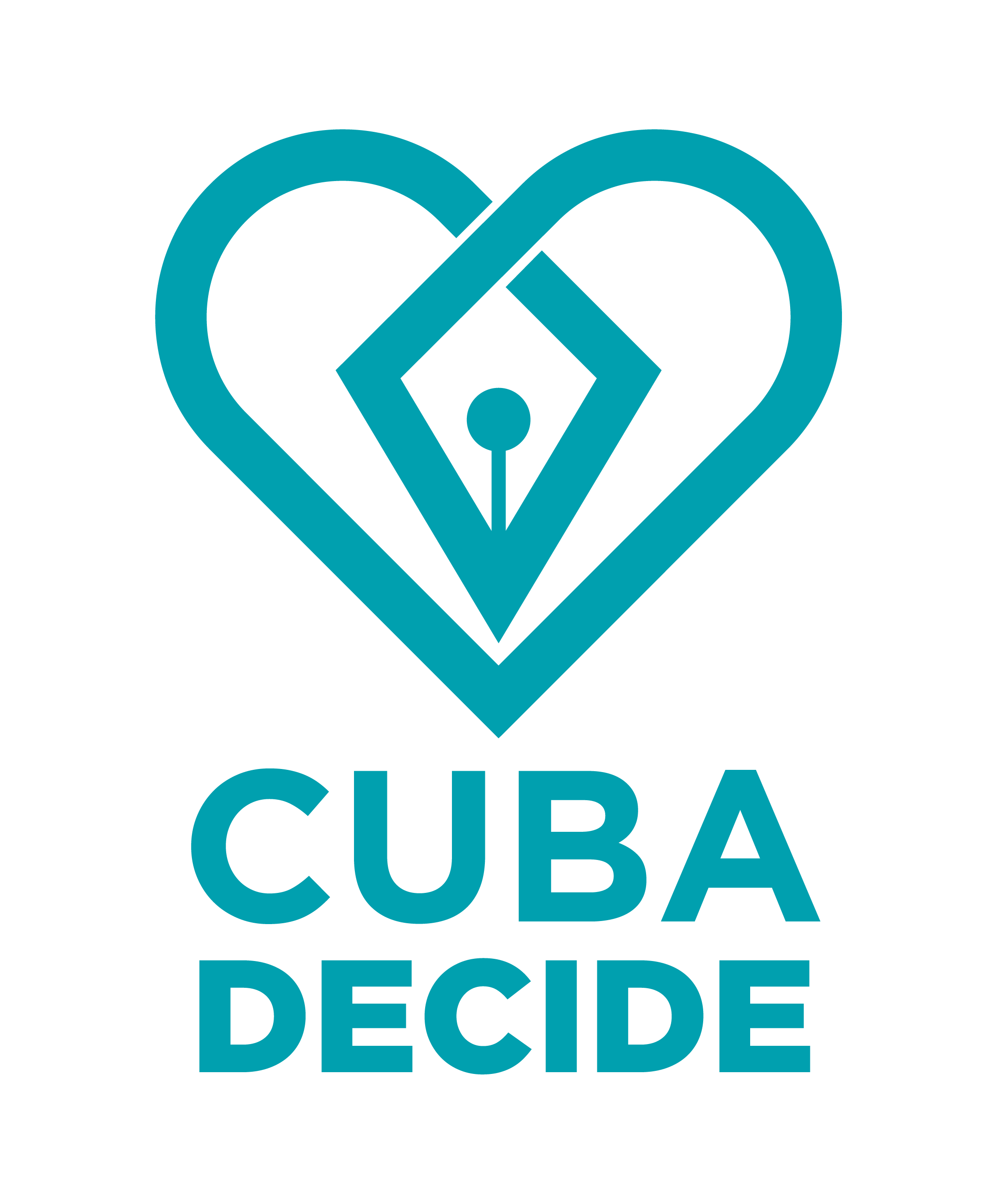Esta web utiliza cookies para que podamos ofrecerte la mejor experiencia de usuario posible. La información de las cookies se almacena en tu navegador y realiza funciones tales como reconocerte cuando vuelves a nuestra web o ayudar a nuestro equipo a comprender qué secciones de la web encuentras más interesantes y útiles.
Cuba Decide calls for civil disobedience before constitutional reform on the island
Cuba Decide llama a la desobediencia civil ante reforma constitucional en la isla
21 enero, 2019Ex mandatarios de América Latina piden que se desconozca a nuevo presidente de Cuba
21 enero, 2019The CubaDecide initiative seeks a kind of civil disobedience, within the framework of the assemblies convened by the regime on constitutional reform.
MIAMI.- Given the impossibility of holding a non-governmental convocation in Cuba, the opposition Rosa María Payá called on the Cuban people from Miami «to present proposals» to the Constituent Assembly, which proposes the regime of the island.
«Make use of the right to give your opinion», since, according to the Cuban Government, «it is not illegal to give an opinion,» said the Cuban opposition leader of the CubaDecide initiative.
«The (Cuban) State itself has said that the people can propose ideas and raise doubts, and that is why we make this call,» he said.
In fact, the Cuban authorities announced at the beginning of August the decision to «allow popular participation» as a process «unprecedented in the history of the Revolution» and presented it as a sign of «the will of the Government to have the opinion of ( …) Cubans living abroad. »
Therefore, CubaDecide, with the support of several opposition organizations, seeks a kind of civil disobedience, within the framework of the assemblies convened by the regime on constitutional reform, to propose «the elimination of all articles and provisions of the Constitution Project «And to convene a binding popular consultation», since the current proposal is drafted by the only legalized party.
The initiative recalls that the Cuban government created the website https://constitucion.minrex.gob.cu, in the «call» to all Cubans, inside and outside the island, to comment on the amendments to the Cuban Constitution.
Support for
The proposal to «comment» during the popular assemblies is supported by the Patriotic Union of Cuba (UNPACU), the Democracy Movement, the Cuban-American Foundation and the Ladies in White, whom other groups could join soon, according to Payá.
«This proposal is open to all. It is an open invitation for all, «he said.
José Daniel Ferrer, general coordinator of the UNPACU, called, from Cuba, to be part of the initiative.
To face «the cosmetic changes» proposed by the Cuban government, whose ultimate goal is «to keep the only party in power,» Ferrer said.
Fear
However, the fear prevails of saying «after almost 60 years of iron dictatorship», the persistence in power «of a regime instructed by the brothers (Fidel and Raúl) Castro» and the permanence of some methods «that persecute and punish the opposition».
«To those who are afraid of being imprisoned or losing their jobs,» said Payá, «we remember that it is more scary to have a single party in power.»
The amendments proposed by the legislative body, under the guidance of the Cuban State, and in turn the Communist Party of Cuba, reflects changes in the structure of the Government, including the creation of the offices of President, Vice President and Prime Minister of the Republic.
The ruling proposal gives constitutional status to several issues in foreign policy, such as «world peace, disarmament, Latin American integration and the environment, and the condemnation of terrorism and interference in the internal affairs of countries.»
However, the revision of the Cuban Magna Carta, which was instituted by the Government of Fidel Castro in 1976, ratifies the «socialist character» of Cuba and the «leading role in society» of the only legal party on the island.
According to the official report, Havana expects the «popular ratification» of the new Constitution on February 24.
Source: Diario Las Americas

